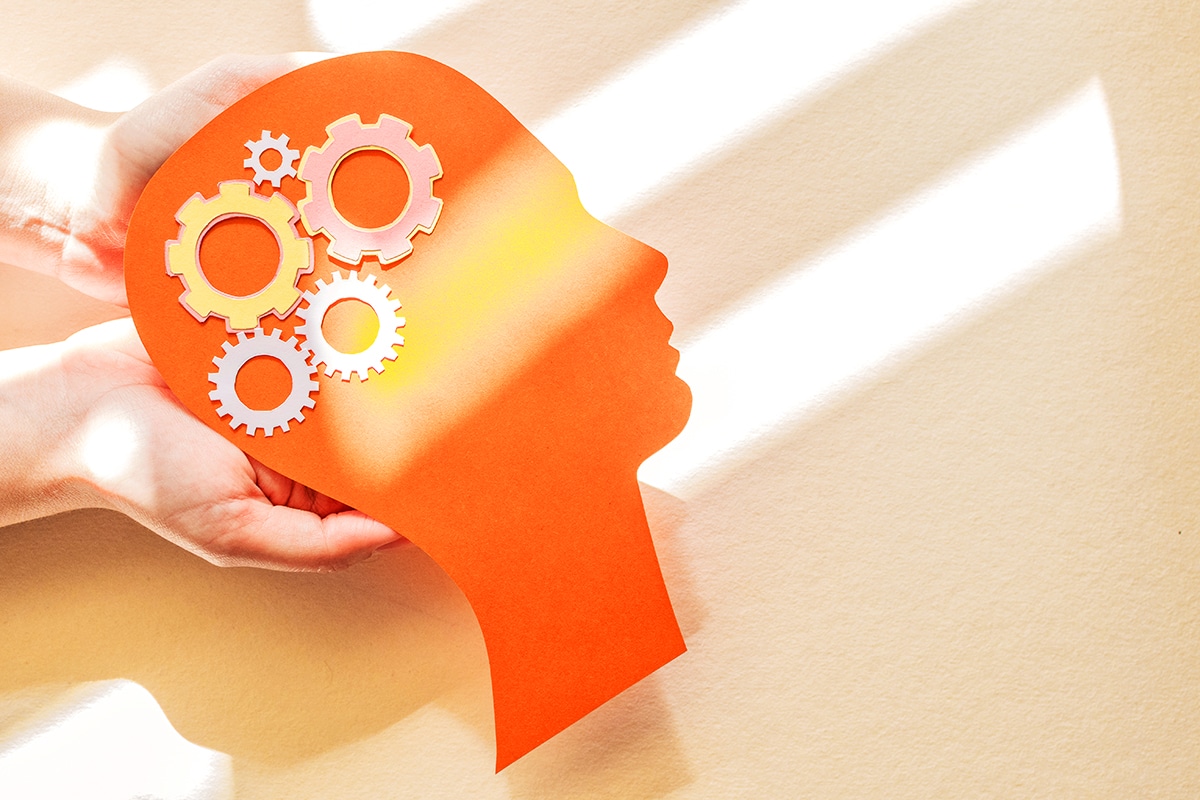The Power of Cognitive-Behavioral Therapy
In today’s fast-paced world, it’s easy to get caught up in the daily grind of work, family obligations, and personal responsibilities. As a result, many of us struggle with anxiety, depression, and other mental health issues that can have a profound impact on our quality of life. But there is good news – Cognitive-Behavioral Therapy, or CBT, is a powerful tool that can help you take back control of your life and achieve positive transformations in your mental health.
What is CBT?
CBT is a type of therapy that focuses on the connection between our thoughts, feelings, and behaviors. The premise of CBT is that negative and distorted thinking patterns can lead to negative emotions and behaviors, which can then perpetuate a cycle of negativity and self-doubt. By identifying and changing these thinking patterns, CBT helps individuals break free from these cycles and develop healthier, more positive ways of thinking and behaving.
Why is CBT So Effective?
One of the reasons why CBT is so effective is that it is based on empirical evidence and proven scientific principles. Research has shown that CBT is highly effective in treating a range of mental health issues, including anxiety, depression, OCD, and PTSD. Additionally, one of the benefits of CBT is that it is a short-term therapy, usually lasting 6-20 sessions, which means that individuals can see significant improvements in their mental health in a relatively short amount of time.
The Benefits of CBT
There are a number of benefits to CBT that make it an appealing option for individuals struggling with mental health issues. First and foremost, CBT is a collaborative therapy, which means that the therapist and the individual work together to identify negative thought patterns, develop coping strategies, and set goals for the future. This collaborative approach fosters a sense of empowerment and self-efficacy, which can be incredibly empowering.
Another benefit of CBT is that it is a skills-based therapy. Rather than just talking about problems, individuals in CBT learn specific skills and strategies that they can use to manage their thoughts and emotions more effectively. These skills include things like mindfulness, cognitive restructuring, and behavioral activation. By learning these skills, individuals can take an active role in their own recovery and develop greater confidence in their ability to manage their mental health.
How to Get the Most Out of CBT
If you’re considering CBT as a way to address your mental health concerns, there are a few things you can do to get the most out of your therapy experience.
First and foremost, it’s important to find a therapist who is trained in CBT and who has experience working with individuals with similar issues. Many therapists specialize in a particular area of CBT, such as anxiety or depression, so it’s important to find a therapist who has expertise in the area that you need help with.
It’s also important to be an active participant in your therapy sessions. This means being open and honest with your therapist, asking questions when you don’t understand something, and doing the homework assignments that your therapist gives you.
Finally, keep in mind that CBT is a skills-based therapy, which means that practice is crucial. It’s important to practice the skills and strategies that you learn in your therapy sessions in your daily life, and to be patient with yourself as you learn and grow.
The Bottom Line
If you’re struggling with anxiety, depression, or other mental health issues, CBT may be the game-changer you need for positive life transformations. By working with a skilled therapist and learning specific skills and strategies, you can take back control of your thoughts and emotions and develop healthier ways of thinking and behaving. Remember, taking care of your mental health is just as important as taking care of your physical health, and CBT can be a powerful tool in your mental wellness toolkit.

Deja una respuesta